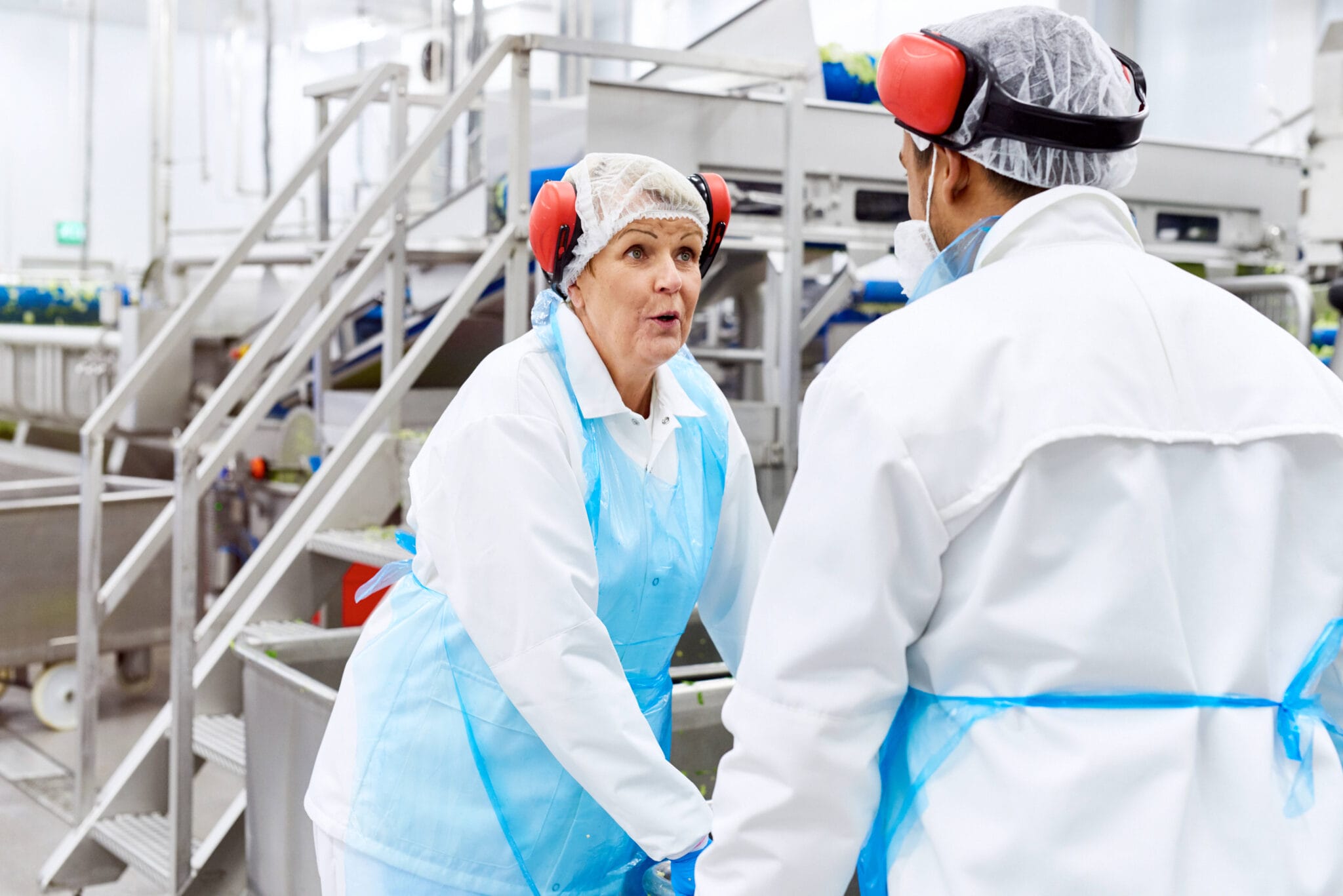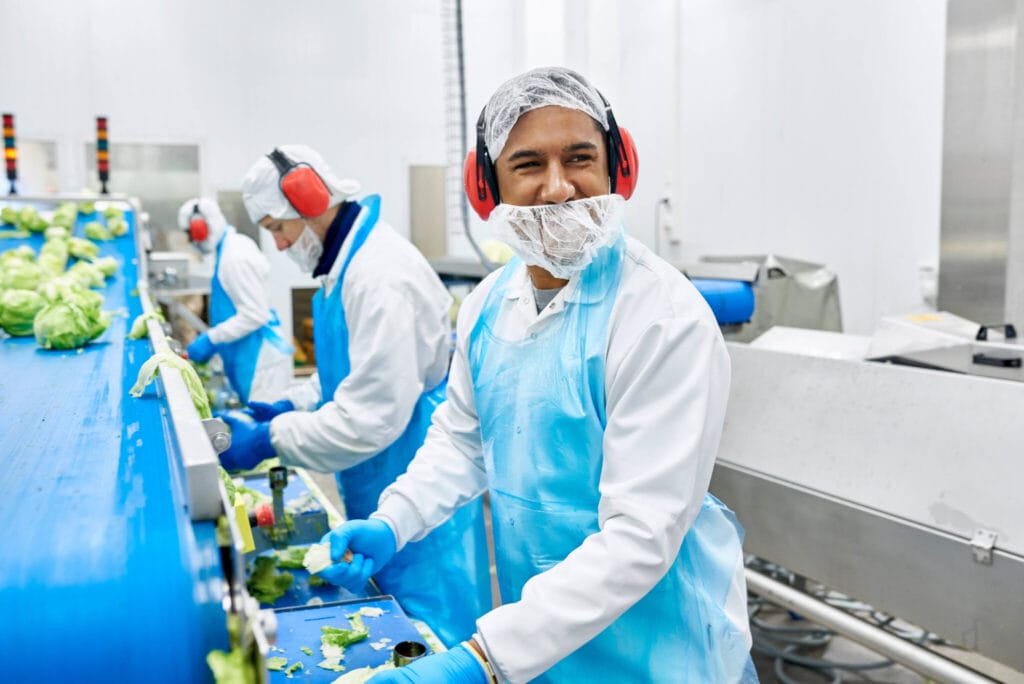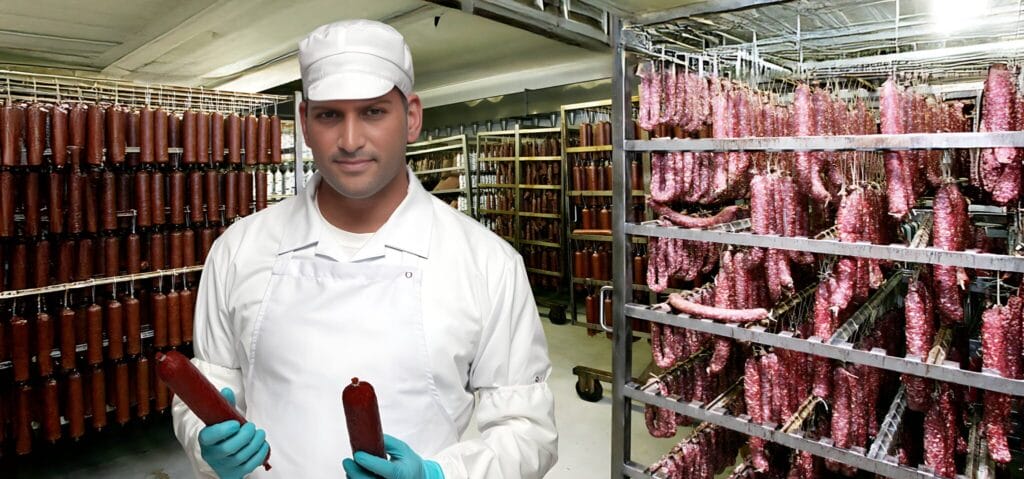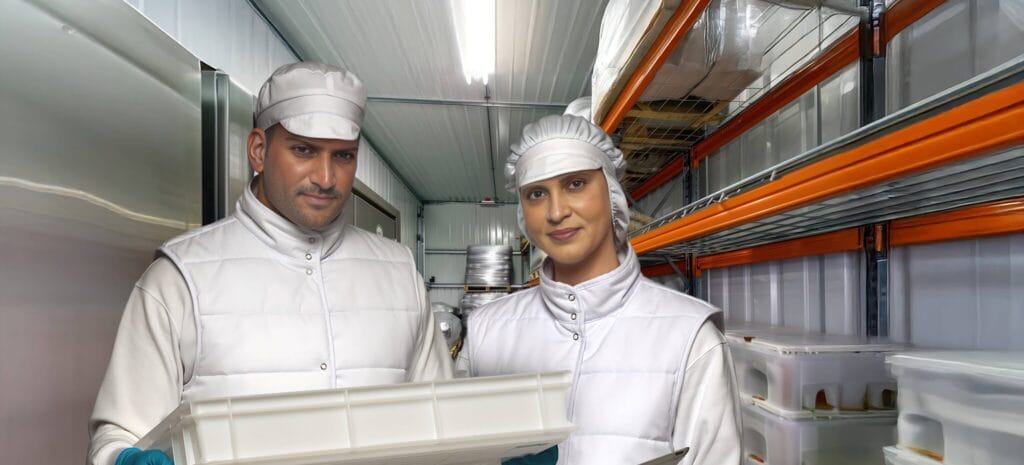
Personal Protective Equipment (PPE) in food: what to consider
It is always safety before everything else in the food service industry, which extends to the quality of food served and those who prepare it. Protective clothing in food industry, also called ‘the work clothes factory worker uses when cooking’, is fundamental in maintaining these safety standards and meeting important regulatory requirements.
The Significance of Safety Measures in Food Services
The food service industry requires adequate safety measures to operate within a hazardous environment. Properly selected PPE items like suitable protective clothing in food industry go a long way to ensuring that high-grade products are maintained while consumers have trust.
Protective Equipment’s Role in Reducing Injury Risks
There are a lot of dangers such as cuts, burns, slips-falls that can be encountered within the scope of the food industry. With appropriate PPE that includes cut-resistant gloves and non-slip footwear, this threat can be reduced, thus making workplaces more secure.
How PPE Contributes to Employee Well-being
Comprehensive utilization of PPE protocols goes beyond good physical health at work; it enhances workers’ mental wellness, improving their confidence levels and job satisfaction and increasing a safe working environment.
Consumer Safety and Confidence; Impact Of PPE
From consumers’ perspective, the proper clothing by employees is a sign of high trust towards any meal provider. This ensures they believe that their foods have been prepared under no risk conditions, thereby reducing chances for contamination or diseases through foods.
Encouraging The Use of PPE By Management
Management has a role in encouraging PPE usage. Their active participation implies a commitment to safe working conditions, hence promoting adherence among employees, leading to improved output alongside job contentment.
Choosing the Right Protective Gear for the Food Service Industry
Proper selection starts with the recognition of risks inherent within an industry. Lindström stands out here with its innovative line-up explicitly created for food service companies, thus having deep insights into the segment’s needs.
Lindström facilitates firms’ transition towards a circular economy through its sustainable workwear range. Its Workwear Services allows companies to maintain environmental conservation and workplace cleanliness.
Maintaining High Standards of Hygiene
Lindström offers good hygiene standards. This, in turn, ensures that businesses with comprehensive Workwear Services have protective clothing in food industry that withstands internal and external audits for risk mitigation.
Assisting Audit Compliance
Lindström’s workwear services comply with numerous international standards, enabling firms to quickly satisfy GMP/FDA/FSSAI requirements without heavy investments while maintaining perpetual audit readiness.
Conclusion
As described, food factory worker uniform, personal protective equipment (PPE) is an important aspect in linking worker safety, customer satisfaction, and product quality within the food service industries. It is beyond regulatory compliance; it is building trust and making the workplace safer. Businesses such as Lindström significantly contribute to this culture of safety and compliance through their extensive workwear rental solutions.





